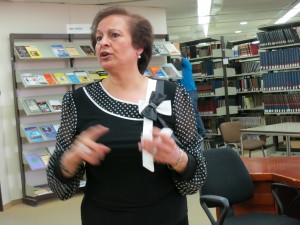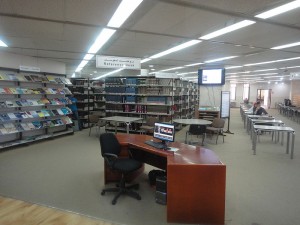The Birzeit University Libraries
Birzeit University is located on the outskirts of the town of Birzeit, north of Ramallah, in the West Bank. The school was the first university to open in Palestine with both undergraduate and graduate programs. There is one main library and three branches — for women’s studies; law; and development, international studies, and health.
 The school has historically been the target of Israeli harassment, closure, and bureaucratic entropy. The Israeli occupation regime closed the university fifteen times from 1979-1992. During a prolonged period of closure for all schools of higher education in Palestine from 1988-1992, the university continued to operate underground with small study groups outside the campus. University president Hanna Nasir was deported by Israel in 1974. He was allowed to return in 1993, with the beginning of the Oslo peace process.
The school has historically been the target of Israeli harassment, closure, and bureaucratic entropy. The Israeli occupation regime closed the university fifteen times from 1979-1992. During a prolonged period of closure for all schools of higher education in Palestine from 1988-1992, the university continued to operate underground with small study groups outside the campus. University president Hanna Nasir was deported by Israel in 1974. He was allowed to return in 1993, with the beginning of the Oslo peace process.
Our delegation met with librarians at Birzeit in both 2013 and 2015. Each time, we discussed a range of issues that affect the everyday lives of academic librarians, including the lack of opportunities for professional training and library schools in Palestine, difficulties of transporting books both to and within Palestine and challenges of keeping up with technological change.
In 2013, we discussed the need to challenge the conventions that are within the library profession. One example is the Library of Congress classification system. The Arabic language cataloger at Birzeit told us he uses the Library of Congress system because there is no other viable alternative. He has to translate everything from Arabic into English to find appropriate descriptors, and then back into Arabic for cataloging. However, the terms prescribed by the LC are not the terms Palestinians would use to describe their history, geography, or culture. This presented a unique opportunity for resistance; Birzeit librarians successfully pressured the Library of Congress for a new call number DS128.4 to describe the First Intifada and recognize it as a unique period in history. In spite of these efforts, the LC in the U.S. started using a different call number than the one used at Birzeit.
During our 2015 visit, librarians from throughout the PALICO network joined our delegation for two days of discussion and workshops. Members of the delegation participated in workshops on cataloging in Arabic, social media outreach for libraries, and becoming a United Nations depository library. We talked about the possibilities of doing solidarity work such as long distance learning exchanges between Palestinian colleagues and members of the LAP network, as well as collaborating with institutions like ALA to sponsor Palestinian librarians in attending and participating at conferences.
For more about Birzeit University’s libraries, visit their webpage.
